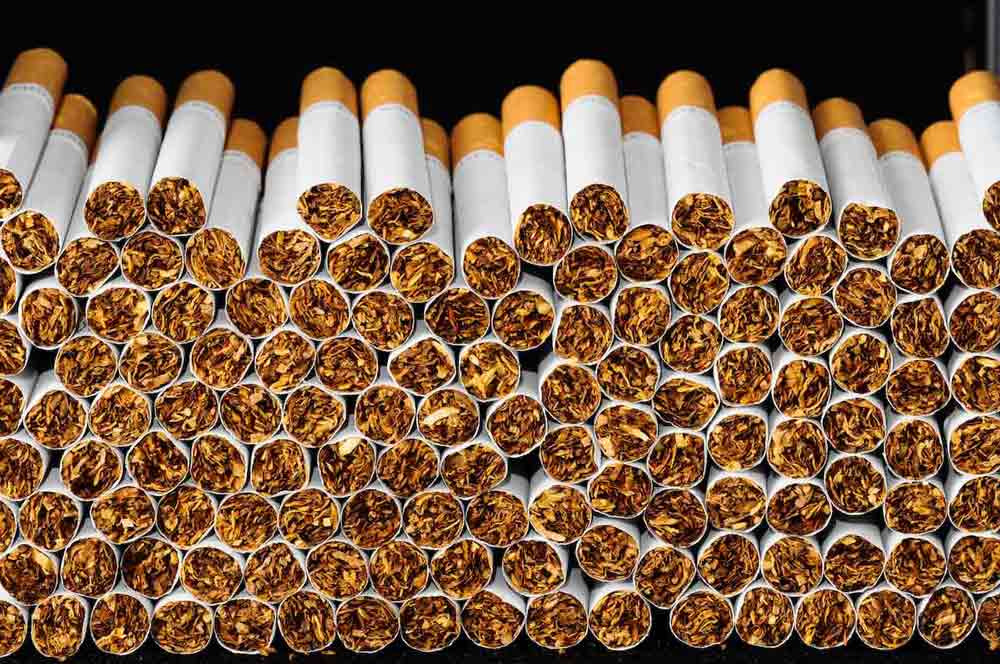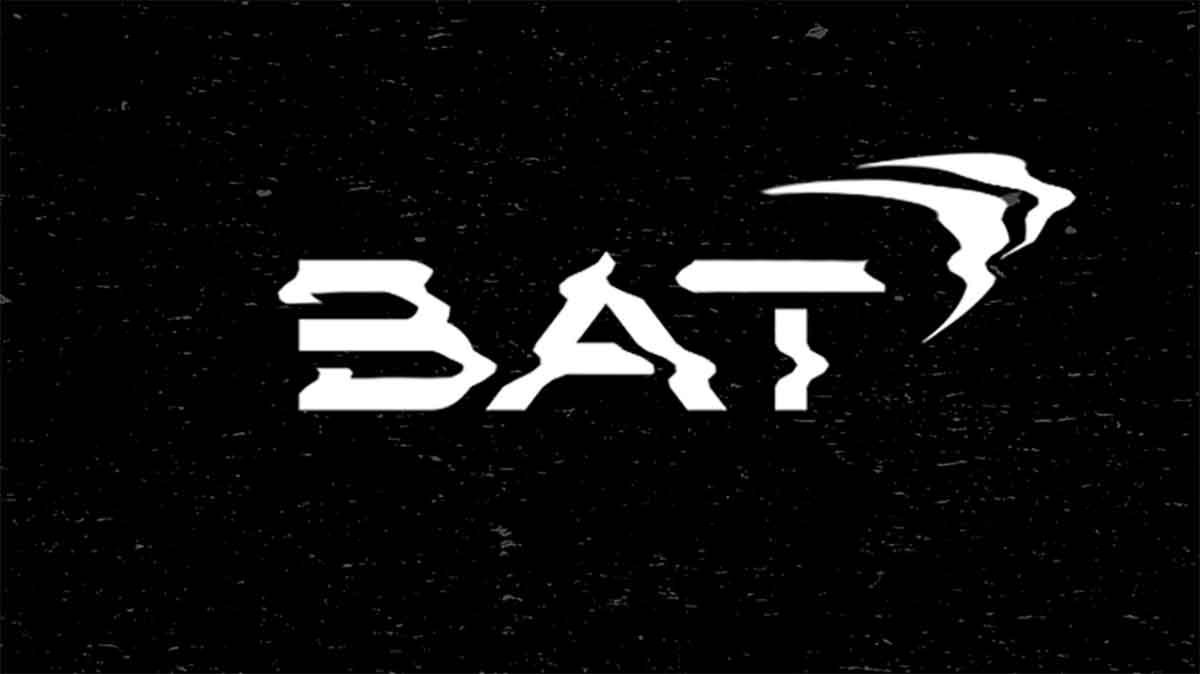- Resources
- News
-
-
Get Email Updates
Sign up for STOP's newsletter and never miss an update on our latest work and the tobacco industry's activity.
-
Get Funding
Ready to tackle industry interference? You could be eligible for a grant.
-
Share a Tip
Do you have information on tobacco industry misconduct in your country? Let us know.
-
Get Email Updates

Even though tobacco products are legal in most countries, there’s an active black market for cigarettes all over the world. People might buy cigarettes on the black market because they tend to be cheaper, or because they can get around laws, like age restrictions, that would otherwise prevent them from buying tobacco.
While the illicit tobacco trade hurts public health by making it easier and cheaper for people to smoke, it also hurts governments’ tax revenues. When cigarettes are bought and sold on the black market, the government can’t collect the tax it normally would from these transactions—taxes that are sometimes used to help pay for anti-smoking initiatives or support health systems (which is critical during a pandemic). In some cases, the money made from illicit cigarettes has even been said to fund rebel groups and terrorists. All around, the cigarette black market is extremely harmful.
Enter: Track and trace systems
Track and trace systems are important tools governments can use in the fight against illicit trade. They work by tracking legally produced cigarettes (which make up a large portion of cigarettes on the black market) from their place of manufacture and trace them to the point where all taxes have been paid—and, importantly, by identifying where in the supply chain products are smuggled onto the black market. They do this by marking the products with a unique ID that can be tracked as they move through the supply chain.
But not all track and trace technology is the same. And one entity in particular has been known to promote its own system over reliable, independent systems.
Enter: The tobacco industry
Tobacco companies publicly decry illicit trade. Some of the Big 4—the largest transnational tobacco companies in the world—try to partner with governments and enforcement agencies to allegedly help control it (though this type of so-called corporate social responsibility often has strings attached).
In reality, evidence suggests many large tobacco companies may have participated in the illicit trade. Effective, independently run track and trace systems could pose a threat to their continued involvement. The industry’s response to this threat? Create and promote its own track and trace technology.
Enter: Codentify
Philip Morris International (PMI) was the first tobacco company to create an industry-friendly substitute for independent track and trace systems. It developed technology called Codentify. According to Tobacco Tactics, Codentify was originally promoted as a way to help determine if cigarette packs were authentic or counterfeit, but was later adapted and promoted as a way to also verify the tax status of tobacco products.
Then something suspicious happened. Leaked industry documents revealed that in 2010, PMI licensed Codentify for free to British American Tobacco (BAT), Japan Tobacco International and Imperial Tobacco—an odd move considering each company is a major competitor of PMI. The four companies formed an agreement that they would all use the Codentify technology and would simultaneously promote the technology to governments. The technology was eventually sold to a company called Inexto, which PMI claimed made Codentify “fully independent from the tobacco industry.” Others, however, maintained that Inexto was merely a front group for the industry.
As the World Health Organization (WHO) plainly puts it, the technology “serves the tobacco industry’s interests.” It is neither open source nor transparent and “might have features that only the tobacco industry is aware of,” according to WHO. Further, entrusting the creation of monitoring technology to the industry whose products are being monitored presents a clear conflict of interest—even more so when the industry has faced allegations of involvement in the illicit trade.
Enter: The ITP
To address the problem of tobacco smuggling and the harms that follow, the Protocol to Eliminate Illicit Trade in Tobacco Products (the ITP)—the first protocol from the WHO Framework Convention on Tobacco Control (FCTC)—came into force in 2018. The ITP called for Parties to the Protocol to establish track and trace systems, and specified that this obligation “not be performed by or delegated to the tobacco industry.”
Even so, the industry appears to continue to interfere in governments’ selections of track and trace systems. Documents appear to suggest BAT used questionable payments in Kenya to thwart the selection of an independent system, SICPA, and promote Codentify. In 2020, the South African Revenue Service abruptly canceled its tender for a track and trace system in the face of intense industry opposition. And in Pakistan, a company with known ties to Codentify was chosen to provide the technology for the country’s track and trace system (though the selection was scrapped following allegations of industry interference).
Report tobacco industry interference
If you or someone you know works in tobacco control or a related industry and sees tobacco industry involvement in illicit trade or interference in track and trace systems, let STOP know. As a global industry watchdog, STOP helps monitor and address tobacco industry misconduct all over the world. In the meantime, sign up for STOP’s newsletter for updates on industry behavior and how you can help hold Big Tobacco accountable.


